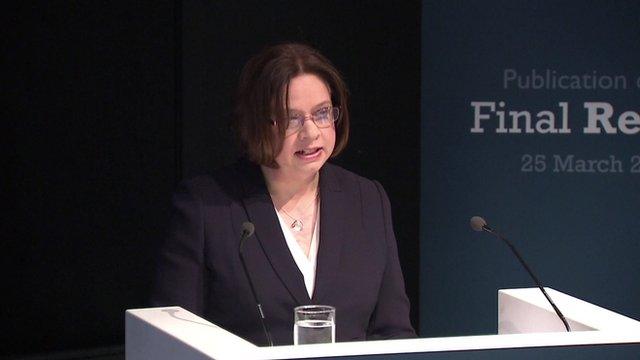Awareness campaign to find NHS contaminated blood patients
- Published
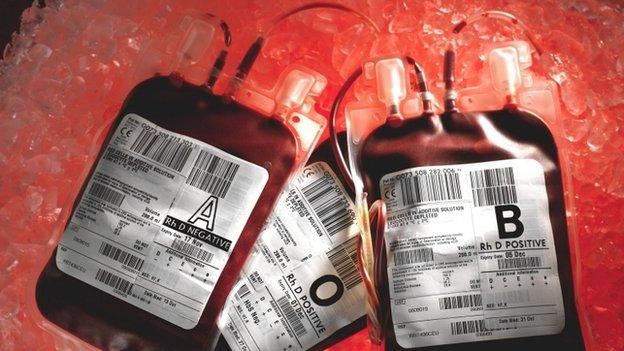
People who had a blood transfusion before September 1991 and have still not been tested for Hepatitis C are to be targeted in an awareness campaign.
The move has been recommended by a working group set up by the Scottish government after the Penrose Inquiry, external into contaminated NHS blood products.
Thousands of people were infected with Hepatitis C and HIV through NHS blood products in the 1970s and 80s.
But the inquiry concluded few matters could have been done differently.
And it made only a single recommendation - that anyone in Scotland who had a blood transfusion before 1991 should be tested for Hepatitis C if they have not already done so.
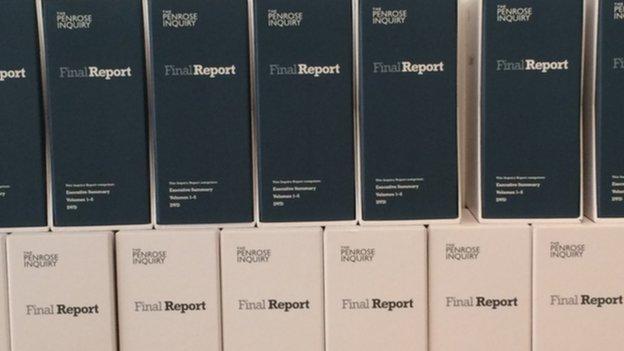
The working group was established by Health Secretary Shona Robison.
It was charged with assessing the number of people who contracted Hepatitis C, and how many could still be undiagnosed.
It also looked at whether uptake of blood tests had increased after the publication of the Penrose Inquiry report, and if any further action was needed to trace undiagnosed people.
The working group's recommendations, external, which the Scottish government said would be carried out in full, are:
Delivering a targeted awareness campaign focussed on people who received a blood transfusion before September 1991
The identification and written offer of a blood test to a group of up to 71 plasma recipients who are as yet unknown to have been tested
A letter from the Chief Medical Officer to all clinicians to remind them of the need to offer Hepatitis C tests to certain at risk groups.
The group estimated there could be "a small number" of undiagnosed people still alive in Scotland who were infected with Hepatitis C by pre-1991 blood transfusions.
It said the risk of infection was small, but anyone who was seriously ill in hospital before September 1991 and thinks they might have had a blood transfusion will be encouraged to seek further advice.
'Best care'
Health Secretary Shona Robison said: "The number of patients likely to be infected is very small, and the lack of historical medical records makes tracing them difficult.
"However, it is possible there are still people yet to be tested and unaware of their infection, and so I have today accepted all these recommendations to ensure that everything possible is done to find people who may have been infected and offer them the best care and treatment.
"Treatments for Hepatitis C have improved greatly in recent years. I would urge anyone who thinks they had a blood transfusion before September 1991 to seek advice from the Hepatitis helpline or their GP practice about a test if they have not yet done so."
Support group Hepatitis Scotland welcomed the government's decision to accept all the working group's recommendations.
Spokesman Leon Wylie said: "It is likely that there are actually very small numbers who may have been exposed to the infection this way but it is extremely important to make people aware they can have a test if they have been at risk.
"Hepatitis C often does not show any real symptoms until a person has had the illness for many years and the good news is we now have medications that can cure it easily."
- Published25 March 2015
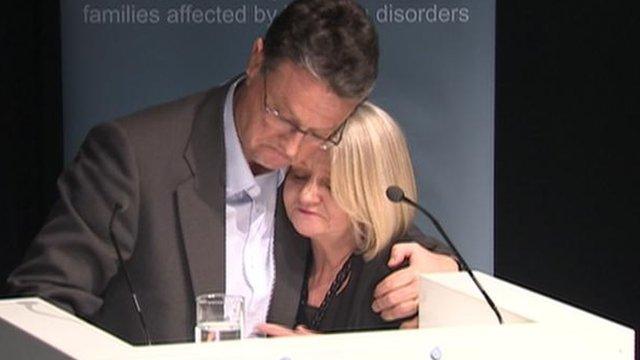
- Published25 March 2015
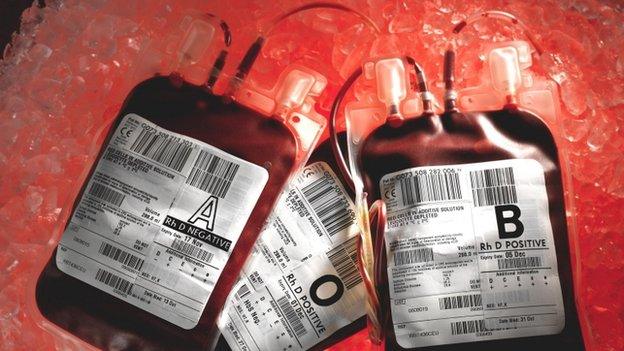
- Published25 March 2015

- Published25 March 2015
